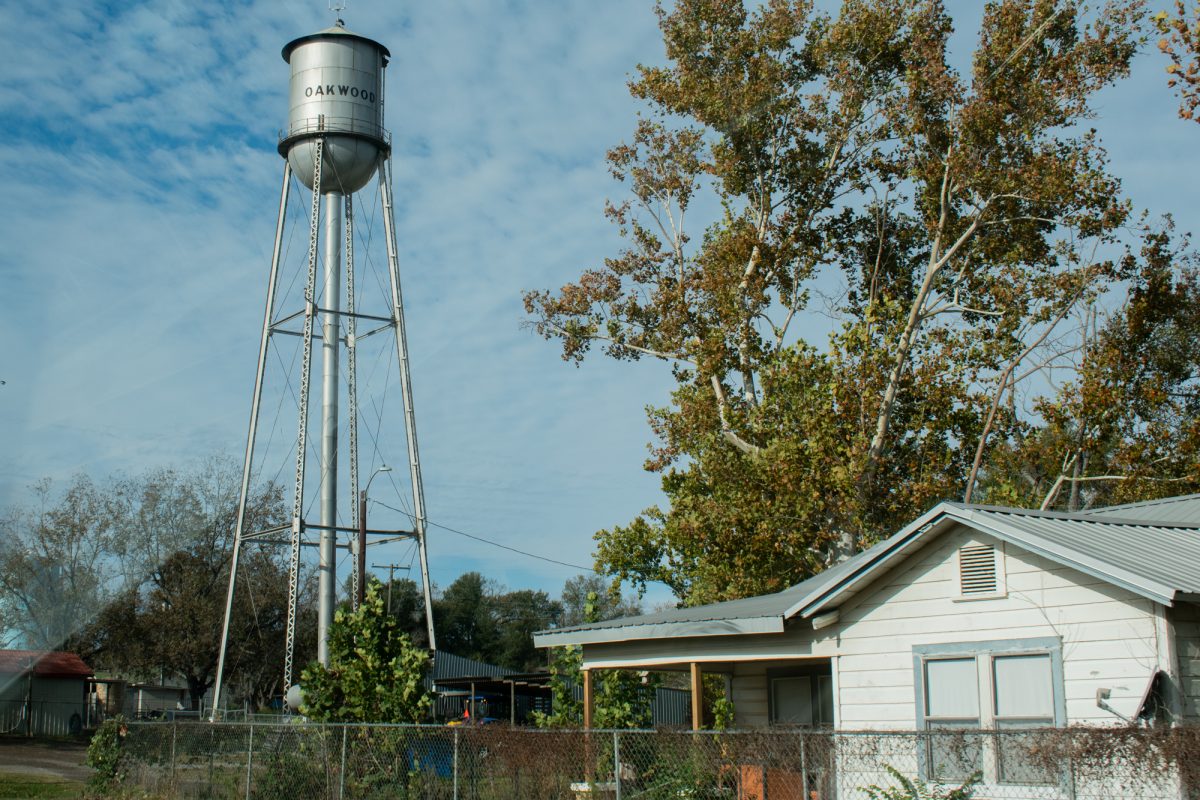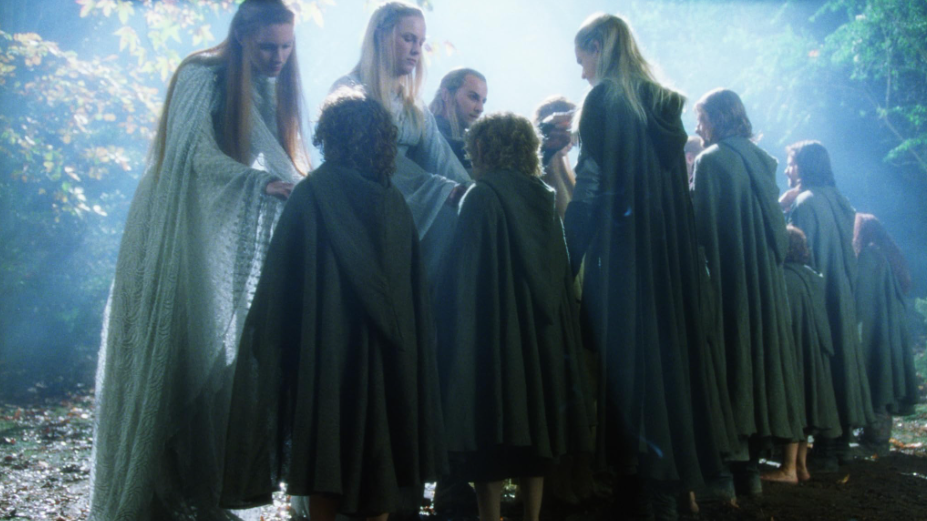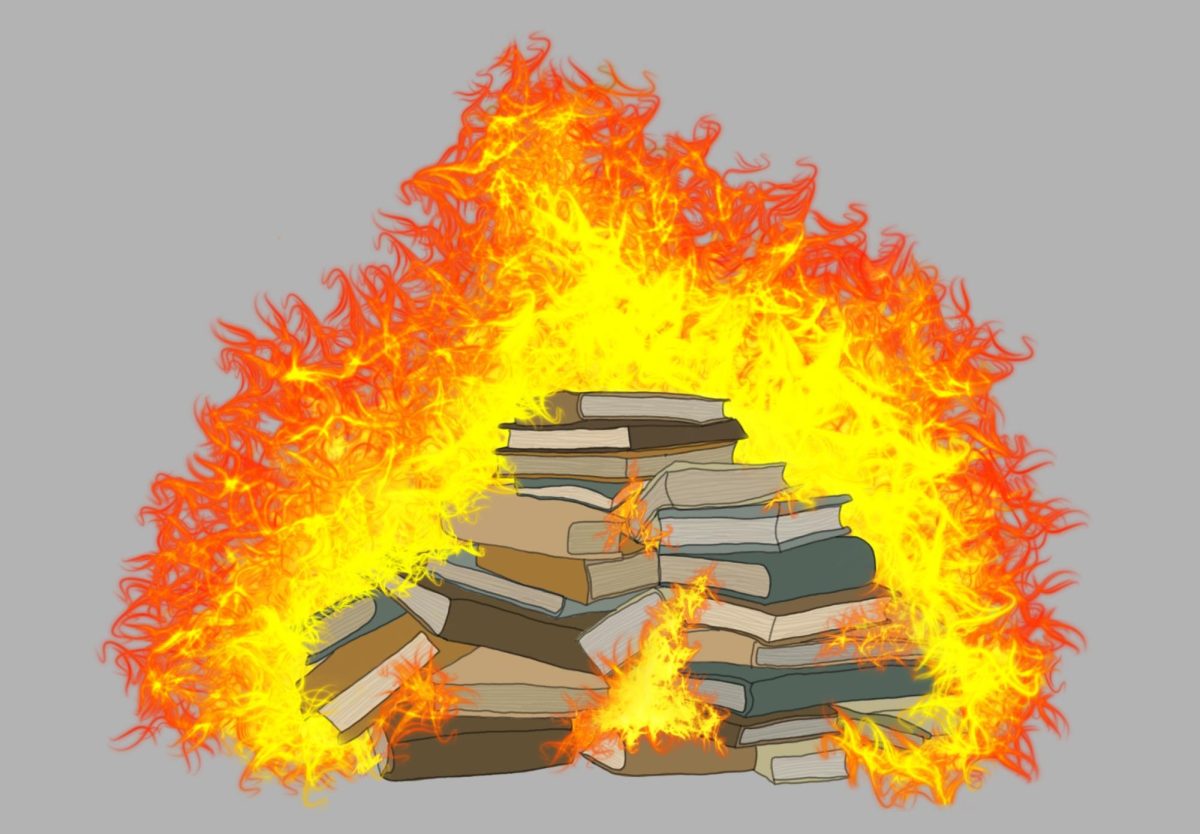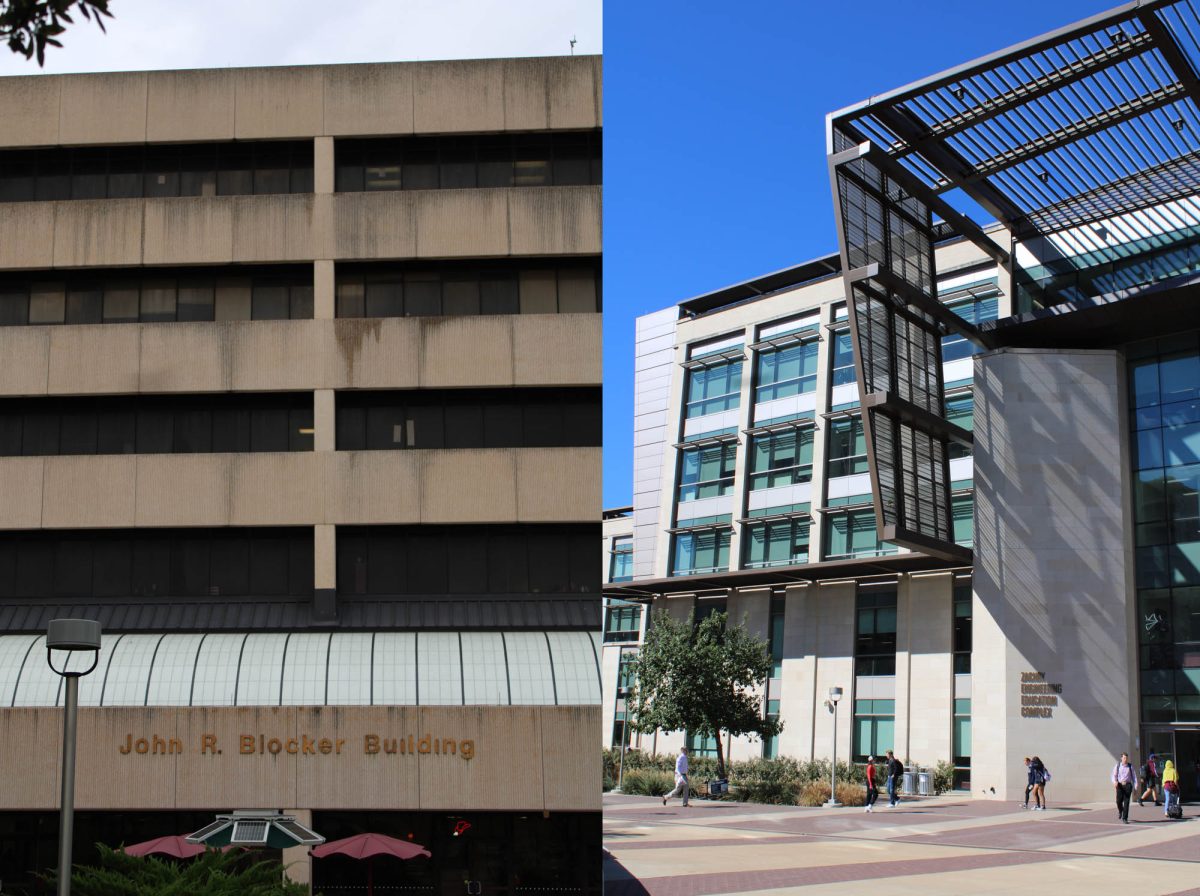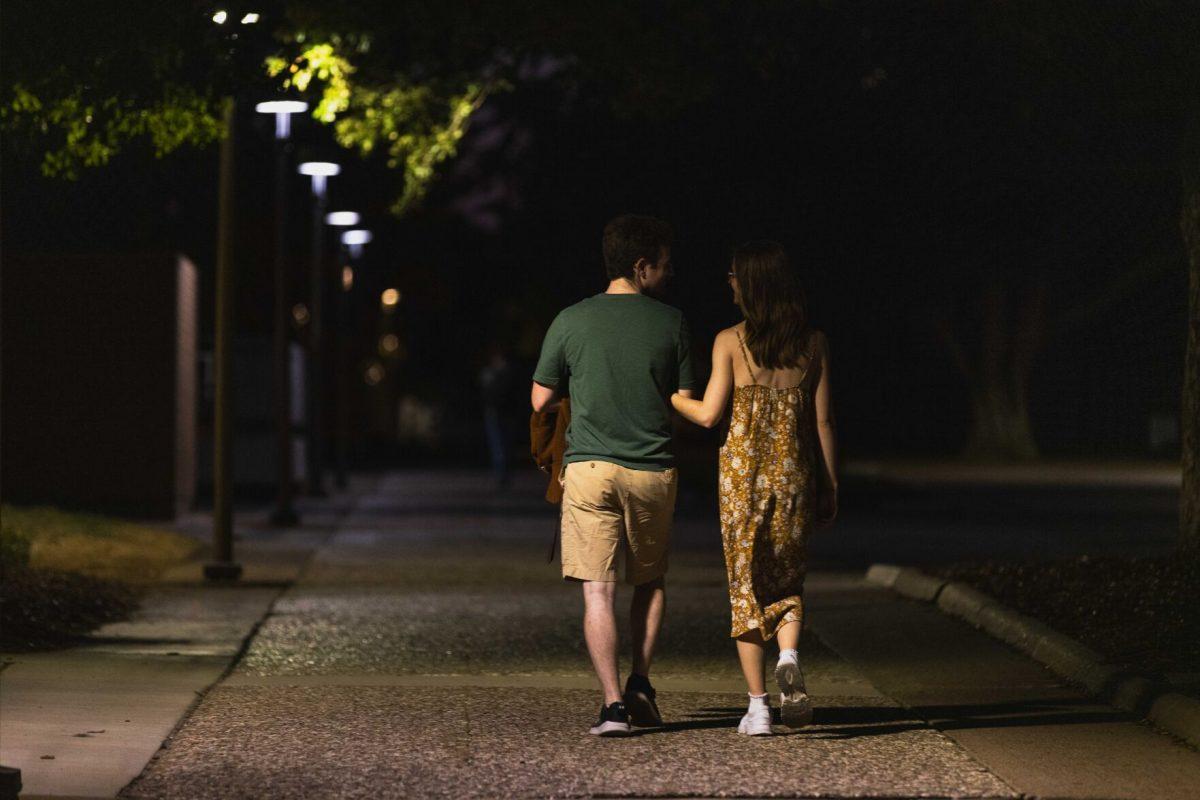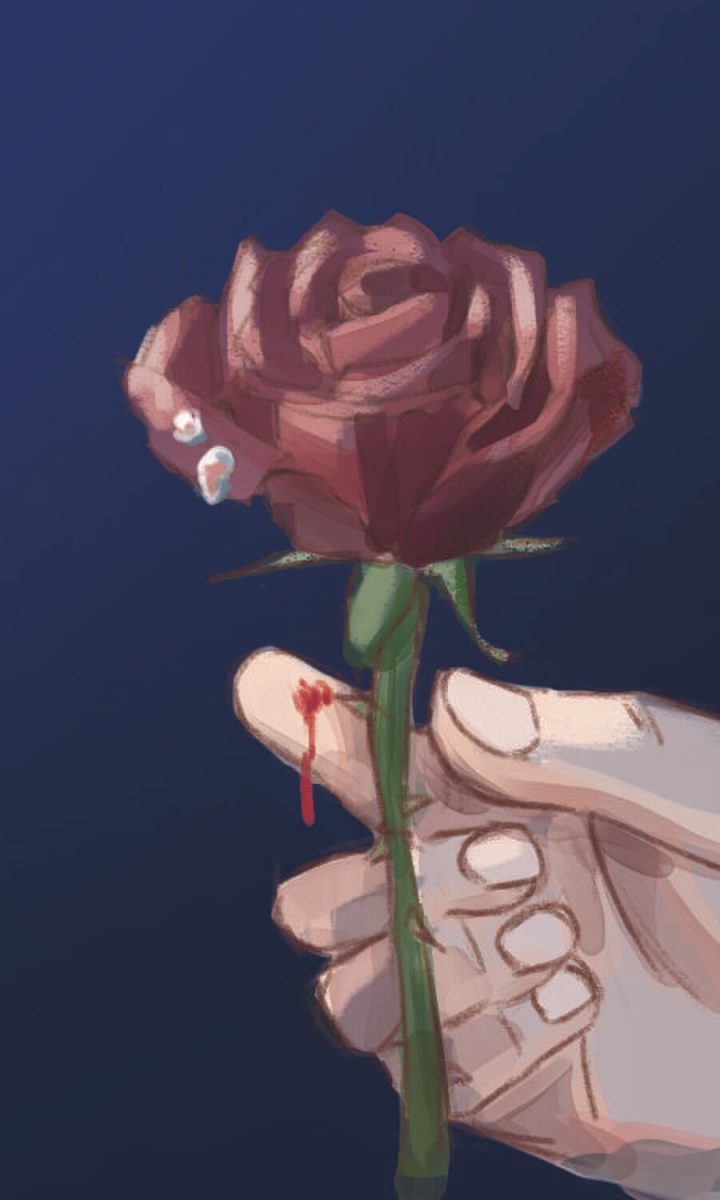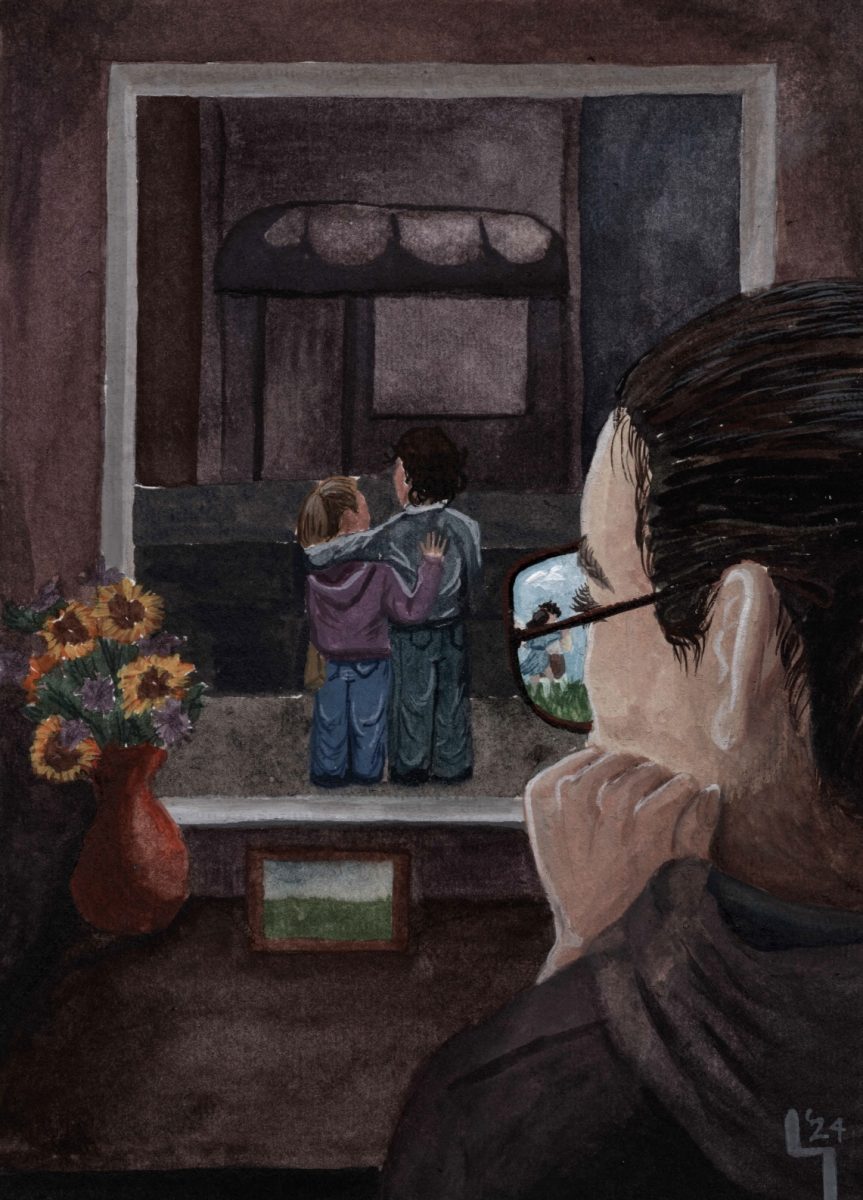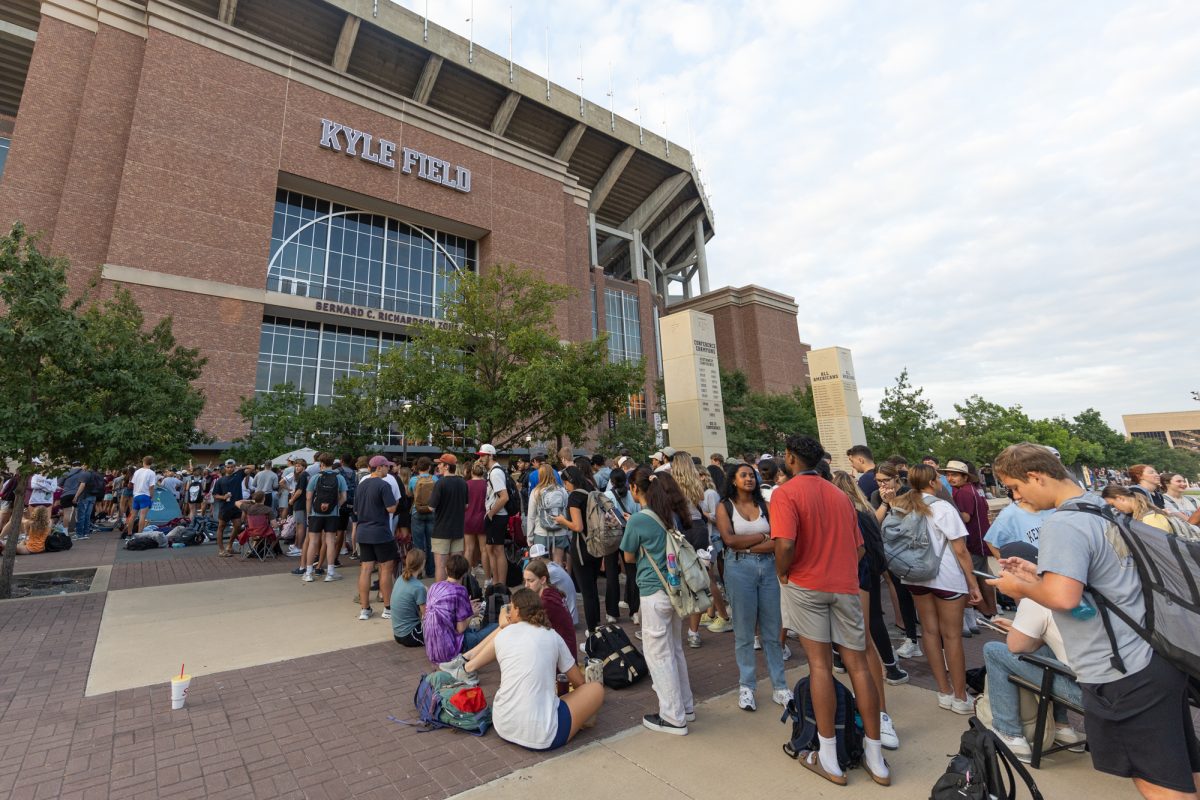A popular quote I’ve seen circling on social media is something along the lines of, “the coronavirus is the earth’s vaccine and humans are the virus.” The quote, and variations of it, are accompanied by photos of clearer rivers or animals frolicking on empty highways. Seeing how the environment is improving can be a moment of relief for many who are stressed. Yet, the way some of these stories are interpreted is troubling. The problem is that the quote insinuates that humanity deserves pandemic, and that kind of thinking can lead to a very bad path.
For one, the statement that humans are the problem is not entirely true. Greed, consumerism and extreme capitalism are the real problems, not people themselves. Not only does this shift the blame, it insinuates that all people live unsustainably when in reality, it is a few wealthy who consume the greatest amount of resources and leave the rest of the world ravenously empty-handed. But the most concerning part of the “humans are the virus” idea, as pointed out by many responses to the viral tweets and posts, is that it echoes ecofascist ideas.
Ecofascism is when an authoritarian government forces its people to sacrifice their well-being for the sake of the environment. It is almost always paired with white-supremacy and anti-immigrant ideals. There have been historical examples of this, and self-proclaimed ecofascists have a notable online presence. The movement has been used to promote anti-immigrant violence as a method of preserving resources as well as eugenics and forced sterilization to combat overpopulation. In its most extreme form, ecofacism is genocide.
Of course, the people sharing the posts about cleaner waterways and decreasing air pollution are likely not proponents of ecofascism. They simply see that certain environments have improved as a direct result of people not being out and about. However, it is important to point out the flaws of such statements. It is important for the immunocompromised person reading the tweet to not feel that they are expendable. It is important to the indigenous people who have lived sustainably for generations, prior to and after colonization. It is important for the teenager stuck in their abusive home to not think that being stuck at home is the only way to help the planet. It is absolutely important to blame the real problem — western society’s detrimental ways — so we can find the right solutions.
Yes, we should use this as a wake up call to realize that we need to make many changes to our ways of life to live in better synchrony with nature, but it is despicable to insinuate that the solution is for people to suffer and die. It promotes an “us vs. them” way of thinking, where other people sacrifice their lives so that those who survive can benefit by having more resources. This is wrong for obvious reasons, but also because those whose wellbeings are sacrificed are the poor, elderly and disabled. The people who suffer the most are the ones who are contributing the least to the problem.
To be honest, I’ve had thoughts similar to these before. In the past few years I have adopted a low-waste lifestyle, tried to eat a plant-based diet, bought only second-hand clothing, stopped buying products with environmentally degrading chemicals and more. Yet, almost everyday I worry about how no matter what changes I make, my very existence is taking a toll on the planet, and I cannot change that. At times when this stress becomes overbearing, I have thought about how much better off the planet would be without a human presence. I always have to remind myself that people are not the problem, and that humans and our creations make life worth living.
It is crucial that as environmentalists we remember what we fight for. What we fight for is not just the earth itself. The planet has existed for billions of years, and history and archeology show that life on earth has nearly been wiped out many times before. But it always comes back. If we do nothing and let the earth as we know it be destroyed by our climate change, it will reform just like it has in the past. In a few hundred thousand years, life will return and a new era will begin, but we will not be a part of it. Fighting for our planet also means fighting for our futures and for equality. As environmentalists, we must strive to ensure that all humans everywhere have access to natural resources in addition to ensuring that the natural resources are conserved. The earth doesn’t need us to save it; it can bounce back from anything. The question is, will we save ourselves?
Don’t let dark times bring out dark ‘environmentalism’
April 7, 2020
Photo by Creative Commons
Opinion columnist Keerthana Rameshbabu advises not to view the coronavirus as a solution to ecological problems.
0
Donate to The Battalion
Your donation will support the student journalists of Texas A&M University - College Station. Your contribution will allow us to purchase equipment and cover our annual website hosting costs.
More to Discover




